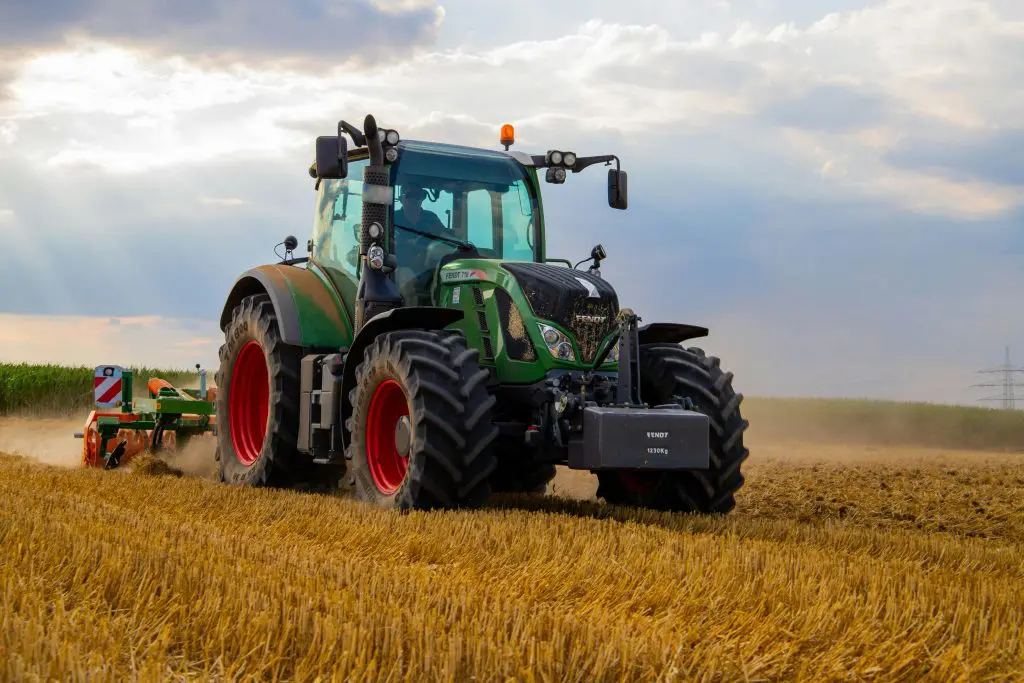
Why Every Farmer Must Prioritise Water Quality: Insights from Teagasc Teagasc and the Better Farming for Water Stakeholder Steering Group have reaffirmed that all Irish farmers—not just those operating under the Nitrates Derogation—must take responsibility for protecting and improving water quality if Ireland is to retain its current Nitrates derogation status. This message follows a […]
Teagasc and the Better Farming for Water Stakeholder Steering Group have reaffirmed that all Irish farmers—not just those operating under the Nitrates Derogation—must take responsibility for protecting and improving water quality if Ireland is to retain its current Nitrates derogation status.
This message follows a recent meeting of the Better Farming for Water Stakeholder Steering group in Oak Park, Co. Carlow, as Ireland faces increased scrutiny from the European Commission under both the Nitrates Directive and the Habitats Directive.
The Nitrates Derogation allows intensive livestock farmers in Ireland to exceed the standard stocking rate of 170 kg of nitrogen per hectare—up to 220 kg—under strict conditions. However, this flexibility is under threat due to ongoing water quality concerns.
Ireland must demonstrate measurable improvements in water quality and show full compliance with EU environmental legislation to maintain the derogation. As such, this is not a challenge for derogation farmers alone, but for every farm enterprise across the country.
Teagasc’s Better Farming for Water: 8 Actions for Change campaign forms the core of the national response. These eight actions focus on:
Nutrient Management: Reduce purchased nitrogen and phosphorus surplus per hectare
Nutrient Management: Ensure soil fertility is optimal for lime, phosphorus and potassium
Nutrient Management: Ensure application of fertiliser and organic manure at appropriate times and conditions
Farmyard Management: Have sufficient slurry and soiled water storage capacity
Farmyard Management: Manage and minimise nutrient loss from farmyards and roadways
Land Management: Fence off watercourses to prevent bovine access
Land Management: Promote targeted use of mitigation actions such as riparian margins, buffer strips and sediment traps to mitigate nutrient and sediment loss to water
Land Management: Maintain over-winter green cover to reduce nutrient leaching from tillage soils
This action-based framework provides farmers with practical, evidence-based solutions to reduce nutrient loss and improve water quality outcomes.
The campaigns objectives will be implemented through 6 key pillars:
Encouraging signs are emerging. Over 3,895 farmers have already applied to the €50 million Farming for Water EIP (European Innovation Partnership) fund. Among them are many tillage farmers planting catch crops to absorb surplus nitrogen during winter.
Teagasc is also leading the establishment of catchment implementation groups in eight priority river catchments and their sub-catchments. These groups will bring together stakeholders from farming organisations, the dairy, meat, and tillage industries, advisory bodies, and local communities to coordinate locally relevant actions.
The European Commission now treats nitrates derogations as ‘projects’ under the Habitats Directive, meaning they must be assessed for potential impacts on protected habitats. The Department of Agriculture’s proposed catchment-based approach—focusing monitoring on 600 sites—is part of a strategy to provide evidence of progress.
Jim Bergin, Chair of the Better Farming for Water Stakeholder Steering Group, noted the importance of a whole-of-sector and whole-of-government response. He stressed that the future of Ireland’s derogation, and the broader sustainability of Irish agriculture, hinges on sector-wide alignment and measurable environmental results.
According to Teagasc, ‘Responsibility for this object rests with with all farmers, regardless of farm enterprise and not just derogation farmers.’ This shared accountability will be essential for Ireland to:
Meet Water Framework Directive and Habitats Directive obligations
Retain the Nitrates Derogation
Sustain Ireland’s international reputation for environmentally responsible food production
Farmers are encouraged to:
Engage with Teagasc advisors and attend training on nutrient and land management
Follow soil testing and fertiliser plans based on scientific advice
Implement catch crops, buffer strips, and improve farmyard runoff systems
Participate in catchment implementation groups in their areas
Improving water quality is a national priority—and it requires every farmer’s participation. Whether dairy, tillage, beef, or mixed enterprise, each farm plays a role in protecting water bodies and demonstrating Ireland’s environmental credentials.
The path to a sustainable future lies in cooperation, science-led actions, and a shared commitment to safeguarding our natural resources—for the sake of Irish farming and future generations.
At All-Ireland Sustainability, we’re committed to building a greener, fairer island—together. Stay informed on the latest environmental initiatives, community action, and policy developments shaping sustainability across Ireland, North and South.
👉 Sign up for our newsletter today and be the first to hear about upcoming events, expert insights, and ways to get involved.
Whether you’re a seasoned advocate or just starting your journey, new members are always welcome—your voice matters.
Subscribe now and be part of the All-Ireland Sustainability network.